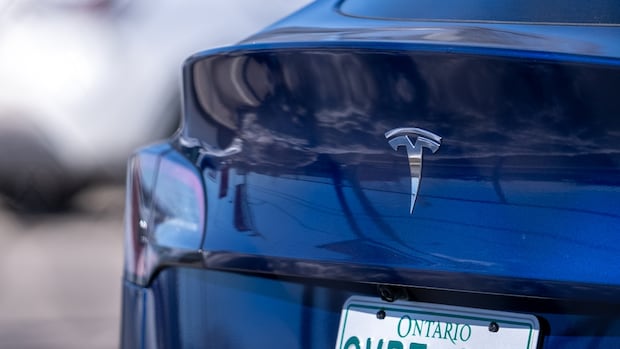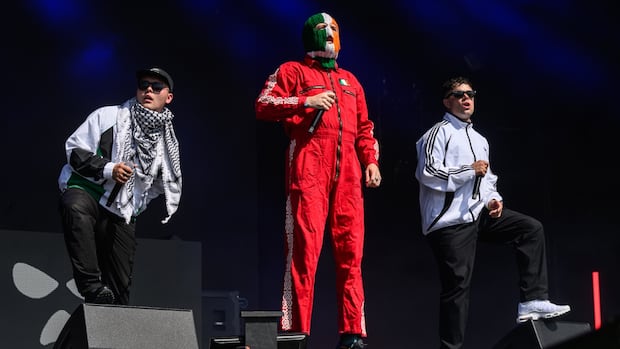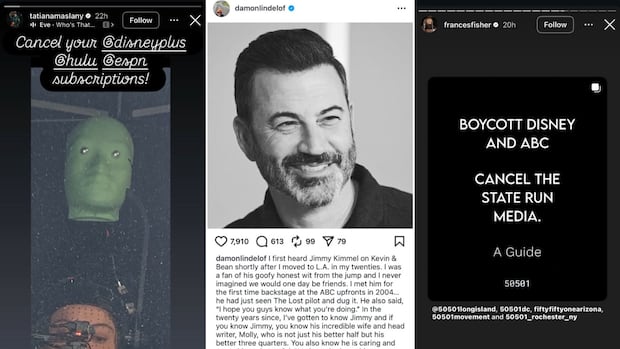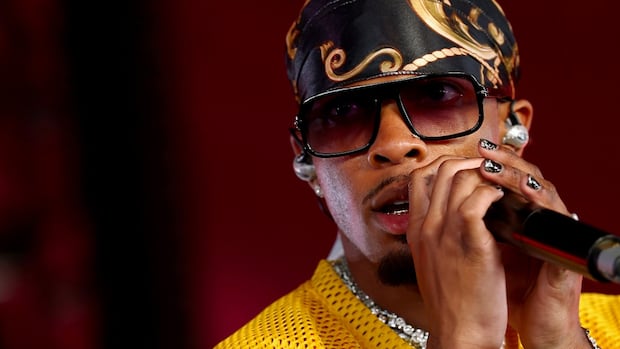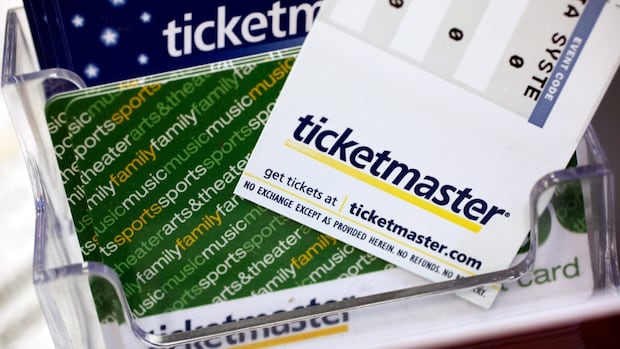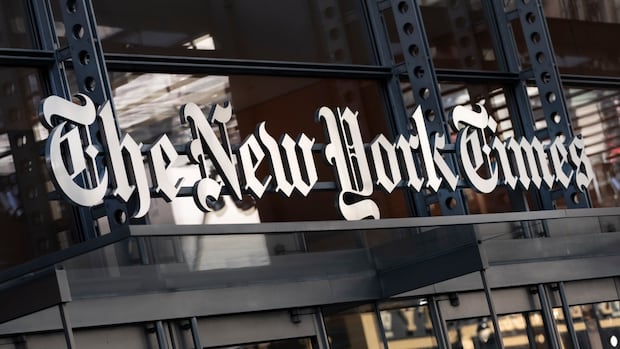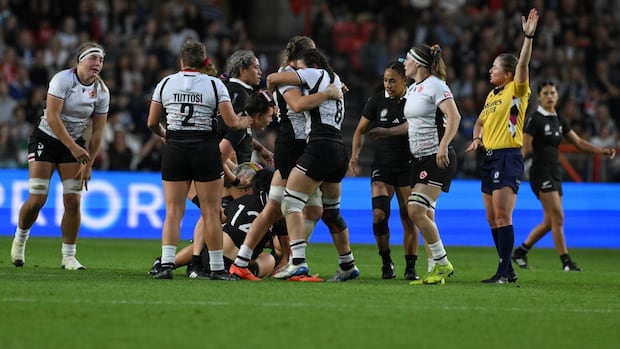The U.S. Federal Trade Commission (FTC) and a bipartisan group of state attorneys general sued Ticketmaster and its parent company on Thursday, saying they are forcing consumers to pay more to see live events through a variety of illegal tactics.
The FTC said Live Nation and its subsidiary, Ticketmaster, have deceived artists and consumers by advertising lower ticket prices than what consumers must pay and falsely claiming to impose strict limits on the number of tickets consumers can buy for an event.
In reality, the FTC said, Ticketmaster co-ordinates with ticket brokers who bypass those ticket limits. The FTC said brokers use fake accounts to buy up millions of dollars worth of tickets and then sell them at a substantial markup on Ticketmaster's platform. Ticketmaster benefits from the additional fees it collects from those sales, the FTC said.
The Associated Press has reached out to California-based Live Nation Entertainment for comment.
WATCH | Last year, the U.S. Justice Department tried to break the companies up: The U.S. Department of Justice is suing Live Nation, arguing its 2010 merger with Ticketmaster has resulted in a monopoly and the company must be broken up.Ticketmaster controls 80 per cent or more of major U.S. concert venues' primary ticketing, according to the FTC. Consumers spent more than $82.6 billion US buying tickets from Ticketmaster between 2019 and 2024, the agency added.
"American live entertainment is the best in the world and should be accessible to all of us. It should not cost an arm and a leg to take the family to a baseball game or attend your favourite musician's show," FTC chairman Andrew Ferguson said in a statement.
The lawsuit was filed in the U.S. District Court for the Central District of California. Joining the lawsuit were the attorneys general of Colorado, Florida, Illinois, Nebraska, Tennessee, Utah and Virginia.
Ticketmaster has been in U.S. lawmakers' sights since 2022, when it spectacularly botched ticket sales for Taylor Swift's Eras Tour. The company's site was overwhelmed by fans and attacks from brokers' bots, which were scooping up tickets to sell on secondary sites. Senators grilled Live Nation in a 2023 hearing.
But reform in the industry has been slow. The Biden administration took action with a ban on junk fees, requiring Ticketmaster to display the full price of a ticket as soon as consumers begin shopping. That rule went into effect in May.
U.S. President Donald Trump has also taken aim at the industry. In March, Trump signed an executive order directing U.S. officials to ensure ticket resellers are complying with Internal Revenue Service rules. The order also directed the FTC to "take enforcement action to prevent unfair, deceptive and anti-competitive conduct in the secondary ticketing market."
In August, the FTC sued Maryland-based ticket broker Key Investment Group, alleging it has used thousands of fictitious Ticketmaster accounts and other methods to buy tickets for events, including Swift's tour.
"Ticketmaster really is a frequent flyer when it comes to these practices of deceiving customers, overcharging and allowing scalpers to jack up the price of tickets," said Keldon Bester, the Ottawa-based executive director of the Canadian Anti-Monopoly Project, a think-tank aimed at addressing monopoly power in Canada.
The U.S. has a stronger tool kit than Canada when it comes to consumer protection, according to Bester. While the federal level focuses specifically on deceptive marketing tactics, consumer protection laws related to ticket sales are delegated to the provinces, he said.
"A province like Ontario would be well-placed to go after this practice, [which] is less about deception and more about allowing scalpers to run rampant," said Bester.
Back in 2018, Canada's Competition Bureau sued Ticketmaster, alleging that the company was engaging in "drip pricing" — a practice in which a company misleads consumers over the final price of a product by adding additional fees at a later stage of the checkout process.
The bureau alleged that the company was inflating ticket prices by at least 20 per cent and in some cases by 65 per cent. The company never admitted to any wrongdoing, but agreed to a $6-million settlement that was finalized this past January.
Bester expects the U.S. lawsuit to play out similarly over the course of several years, with the company aiming to strike a deal with the government. Whether consumers will be satisfied with the final outcome is a different story.
"They have, at every turn, taken the opportunity to deceive customers, to squeeze artists and to roll up venues," Bester said. "So this is one reason, among many, that any sort of settlement or negotiated agreement is unlikely to actually deliver for consumers."
A spokesperson for the Competition Bureau told CBC News that it's aware of the U.S. lawsuit, but noted that the bureau conducts its work confidentially and it can't confirm whether it is or will be launching a similar investigation.


